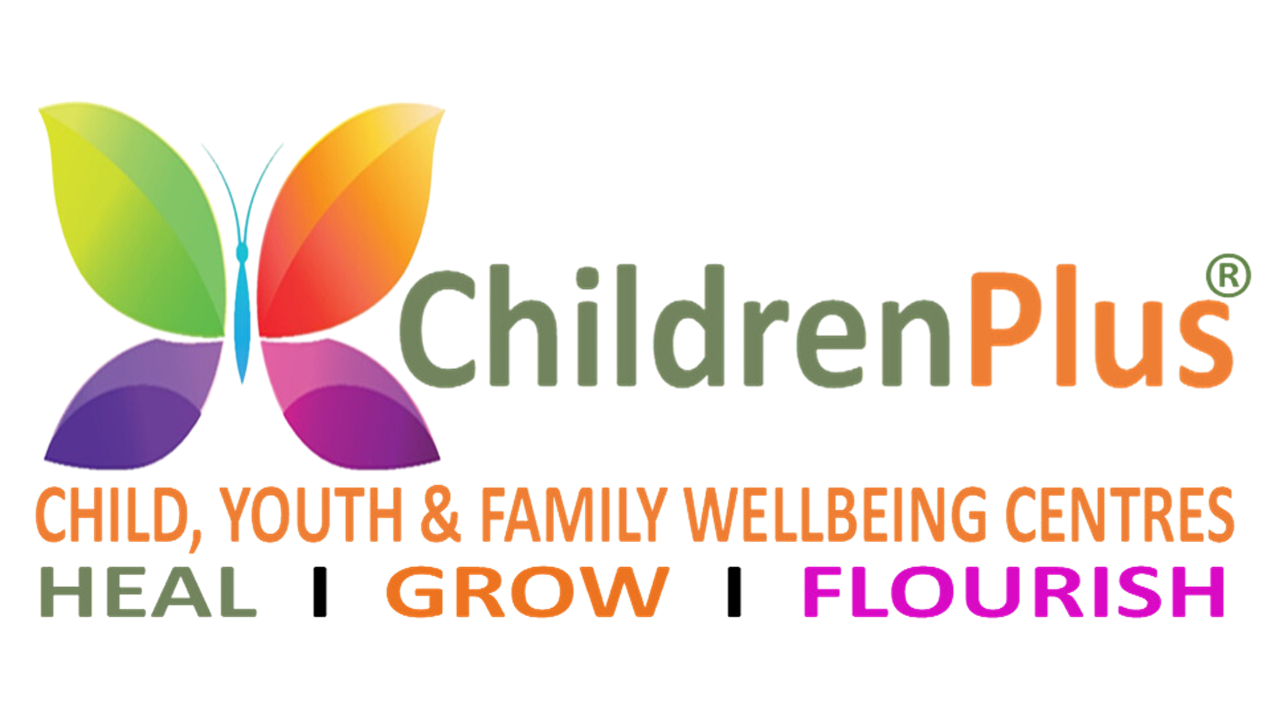Part – 2: Twelve Tips to improve concentration in the Age of Technology.
12 Tips to improve our concentration in the new age of Technology
Despite declining attention spans, increasing inefficiency, and pressure to multitask, there are a number of things that we can help our children do to make things better for them. These tips and techniques absolutely do not mean that this problem with concentration is our children’s fault but it does mean that it is our collective responsibility to do something about it.

1. Recognise that the problem exists and decide to do something about it. This is a very important first step. We cannot fix what we do not recognise. This leads us to try and think that our children should be “more and more efficient” while making increasingly unsustainable demands of our children’s concentration.
2. Stop Blaming our children and ourselves. Equally important is the need to stop thinking that this is a problem with us or in our and recognise that there are many factors at play. Most of these factors are external to our children and are a function of how society and technology have changed over time.
3. Accept that we are all in this together. Once we do that we can act together to make change. If parents blame their children for being unable to concentrate or always being on their devices whilst themselves clocking up hours on the phone looking at Facebook or WhatsApp then the child is likely to feel scapegoated and not be keen to change.
4. Try and do one thing at a time (the myth of multitasking). As we discussed previously, it is not possible for the brain to focus on two cognitively demanding tasks at the same time. What we are doing then is alternating between tasks and wasting Increasing amounts of time resetting our concentration to switch between tasks. The first step in this is to decide to focus on just one task whatever that might be. Whether it is homework or reading a book or watching YouTube videos or just learning something interesting. Once we have decided, the next step of reducing distractions comes in.
5. Reduce distractions. Try and study or work in a quiet room. Remove other devices and put them in a separate room. Try and think about what you will need for that task and collect it before you start. This would reduce the need to constantly get up to fetch things. Keep a bottle of water handy.
6. Set realistic short-term goals. Break the task up into parts. Writing a 200-word introduction to a 2000-word assignment is a lot less daunting than writing the whole assignment in one go. Smaller goals also lead to more realistic timetables and to a greater sense of achievement. Commit to completing the set goal in one go.
7. Take regular breaks. This is as important as any of the other steps. Initially, your child may feel tired after only a small amount of sustained effort but don’t worry, this will improve. It is important for them to be able to take breaks and for us as parents to be supportive of this. When taking a break, move away from the work area or screen and go to a different room and if you have to go on your phone, do that somewhere else. Avoid “work and play” on the same screen.
8. Use technology to beat technology. There are a number of technological hacks that we use to reduce the impact on our concentration.
- Enable focus or do not disturb mode on your phone when working.
- Disable push notifications. This is particularly true of apps that you might use frequently and that may send you a lot of notifications such as email or social media applications.
- Set an auto-reply or out-of-office message to your email when not working.
- Delete the apps that you don’t need.
9. Set screen-free time. This should apply to both parents and children. Suggestions may be a switch off time of phones at a particular time at night and during mealtimes. This particularly applies to parents who should resist the urge to bring their phones to the dinner table. Screen-free time should be set by and should apply to the family as a whole. Use this time to talk together as a family or do other activities. Board games are excellent as a way to improve focus, well-being and family ties. Even a family movie night goes a long way to improving family ties.
10. Do things that are enjoyable and require sustained effort. Try and get back into reading, this may be difficult at first but persist, it will get better. If you like to draw or paint this is another activity that is useful. Other ideas include getting into yoga and engaging in a hobby with a group of like-minded people. Social media can be helpful here in connecting you to such groups.
11. Seek help. Sometimes the lack of concentration is part of a diagnosable and treatable mental health condition such as ADHD. A psychologist can help with an assessment and clarification. There are also a number of techniques psychologists can help with which will improve concentration. In fact, structured psychological intervention is a well-known and recommended treatment for improving concentration and even treating ADHD.
12. Finally, be kind to ourselves. Change takes time and can often be difficult. Recognize this and be kind to ourselves and those around us.
Role of Society and culture change
Aside from things that we can do at a family and individual level, we may need to re-evaluate ourselves as a society. However, it is important to recognise that this will take time. We can start by changing the “Now culture” where responses are expected straightaway and we have increasingly lost in the art of patience and waiting.
Summary
There is an increasing problem with concentration both in individuals and in society as a whole. The causes of this are varied and multifactorial with technology playing an important part. There are things that we can do individually and as a society to make change although this will take time. Some of the above techniques may be helpful to you or your child. If you found any of these techniques helpful or would like to ask our experienced child psychologists any questions please do not hesitate to reach out to us. If you have decided to seek help, we have a very experienced child psychology team at Childrenplus.
Childrenplus, with its team of dedicated psychologists and counsellors, specializes in providing comprehensive psychological health services for children and young people. Contact us to know more.
This blog is entirely written by a human (Dr. Amritash Rai), no AI was used in its generation :-). If you enjoyed reading it, please share and tell your friends.

